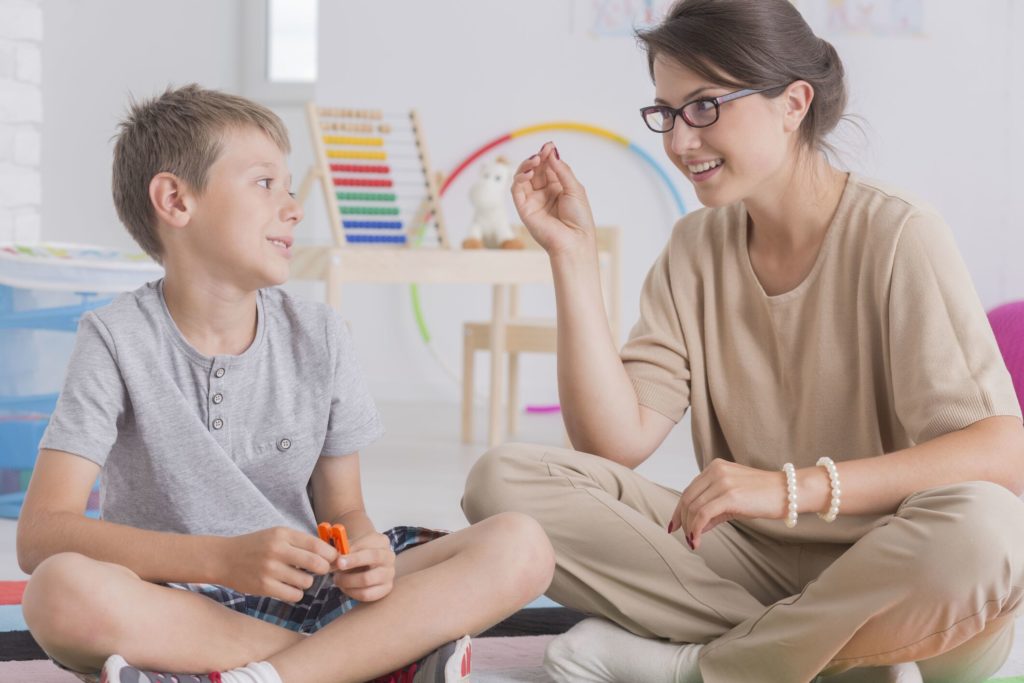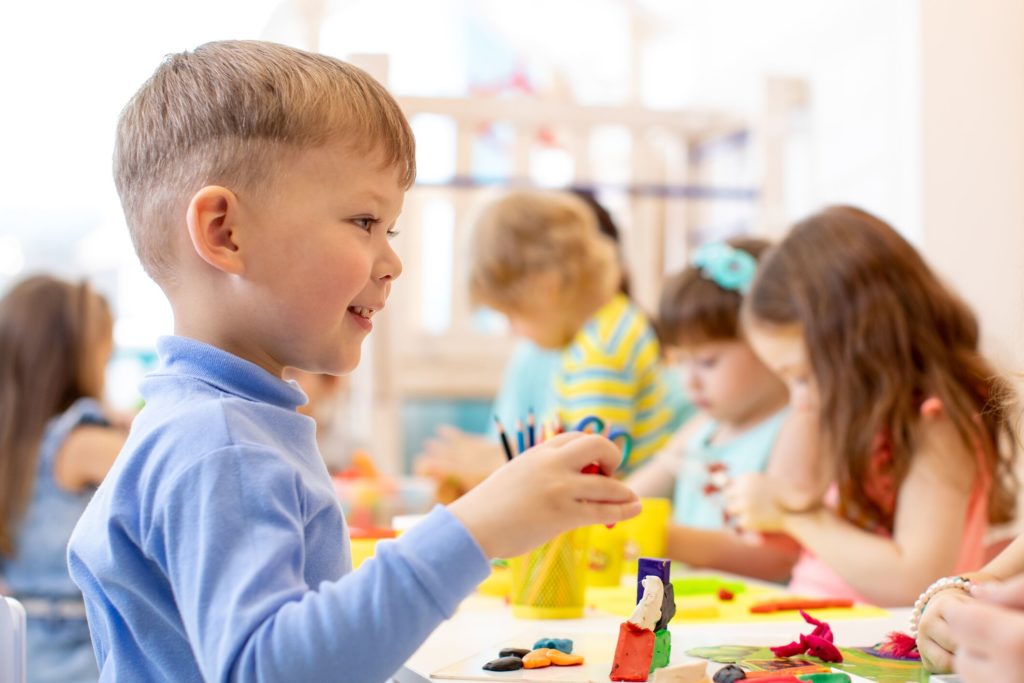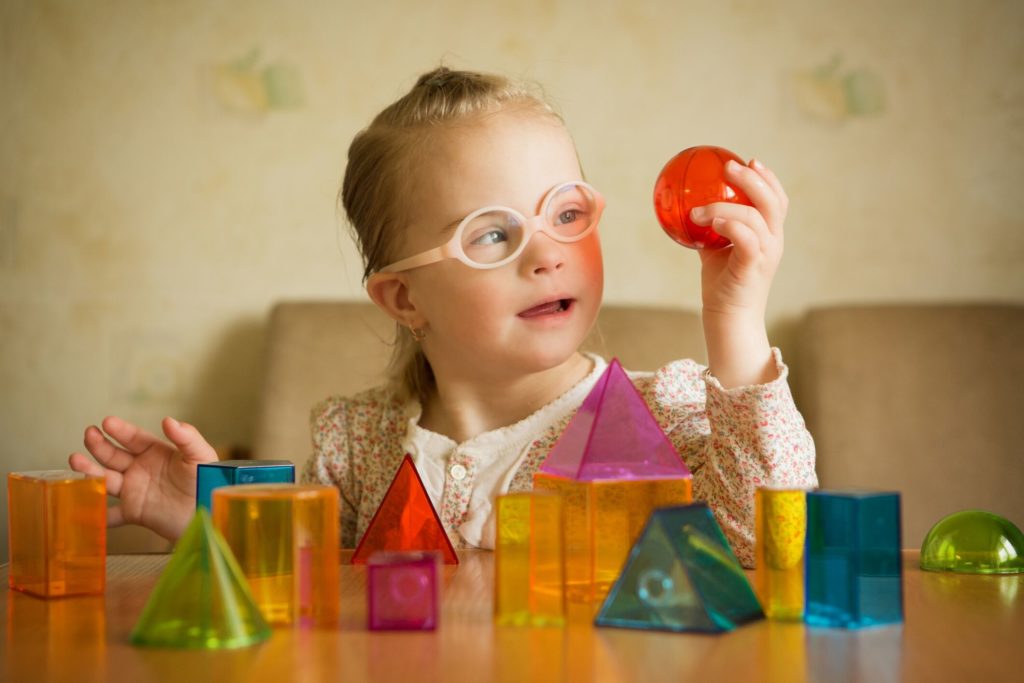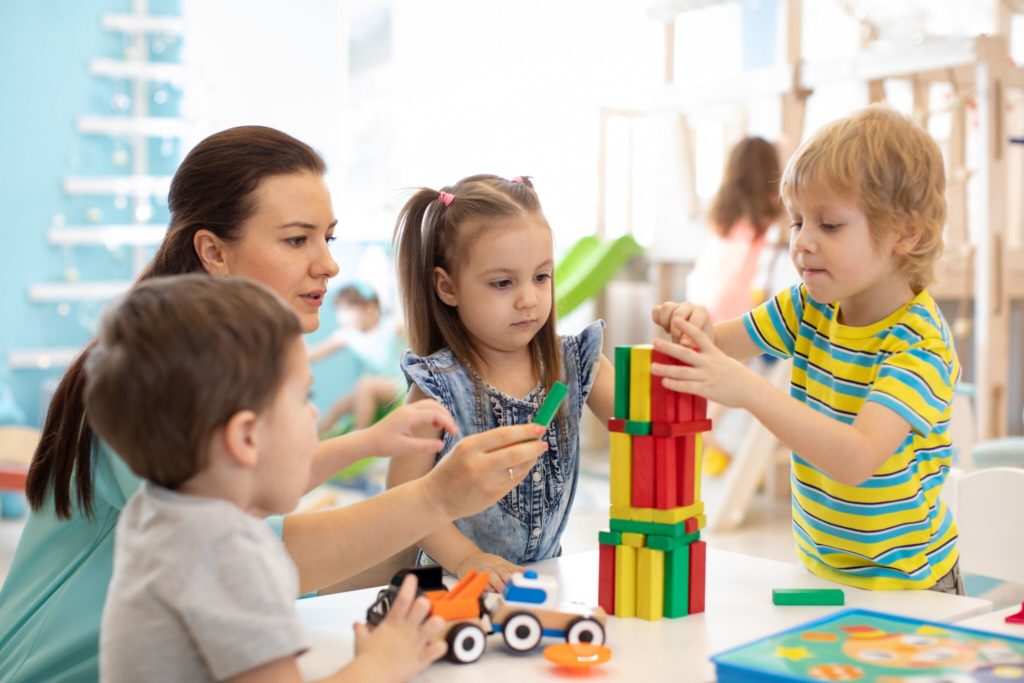Applied Behavior Analysis (ABA)
Our ABA Therapy here at Holsman Children’s Therapy Center is tailored to the unique behavioral needs of every child. We do not follow a standard treatment protocol as there is no such thing when it comes to treating the behavioral disorders of children. If there is one thing that makes all of our treatment the same, it is the fact that they are all aligned towards the goal of making the lives of your children better.
We understand that the way a child acts or reacts to things and events in their natural environment varies. By observing and analyzing their behaviors, we are able to set out an approach that works best for them.
Children with special needs can be trained through ABA to learn various basic skills such as their speaking and listening, play skills and even the more complex ones that involve academic, social and functional living skills. Our treatment plan is individualized to ensure that it addresses the specific problem or disorder a child is diagnosed with. Our ABA therapy is designed as a helpful or positive reinforcement which is the main strategy to ensure your child displays healthy and desirable behavior in their own environment.
A careful and thorough evaluation of a child’s behavior is performed and it is followed by creating an approach that is aligned to the goals to be met. It is not a one-size-fits-all kind of treatment, but rather, it is based on your child’s unique abilities, skills, function, and needs.

What Your Child Will Gain with ABA Therapy
When a child undergoes ABA therapy, parents may expect them to gain:
- Better adjustment to their environment whether at home or school
- Control over their posture
- Strength and tone of their muscles
- Flexibility
- Coordination and balance training
- Improved gross motor abilities and visual skills
- Enhanced eye-hand coordination
Depending on the specific needs of your child, our therapies can use techniques and strategies that are aligned with the goals to be achieved.
Moreover, our ABA therapy programs can help your child:
- Improve their speaking and language skills
- Develop or enhance social skills,
- Advance academically
- Increase focus and attention



